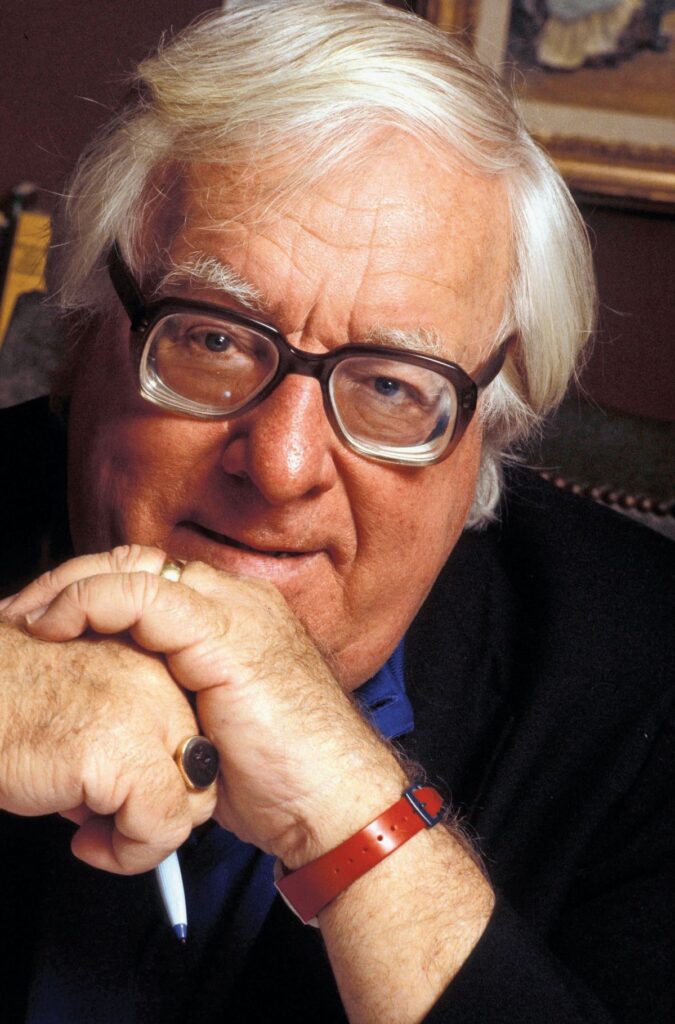The Dragon Who Ate His Tail, Ray Bradbury

The Dragon Who Ate His Tail
What did they wish most? did they wish to linger in old Chicago, to smell the grit and grime, to touch the strange buildings, to inhabit the reeking subways of Manhattan, to taste the lime popsicles of some forgotten summer, to listen to scratchy phonographs in 1910, would they board the ships of Nelson for Trafalgar, would they have a day with Socrates prior to the hemlock, would they stroll Athens on the busiest day and see the flash of knees in the sunlit gas, in what idea and magnificent fashion would they most dearly love to spend the next hour, the next day, the next month, the next year. The rates were extremely reasonable, as on any excursion!
So much down, so much a day, and you could fetch yourself home any time antiquity annoyed or bored or frightened you. Here was a way to learn your history! Here was a frontier for you, ready, waiting, alive, fresh and new.
Come along, now!
“Do you think you’d like it, Alice?”
“I hadn’t thought. I imagine.”
“Would you like to go?”
“Where?”
“Paris, 1940. London, 1870. Chicago, 1895? Or the Saint Louis exposition around 1900, I hear it was naïve and tremendous.”
The husband and wife sat at their mechanical breakfast table being fed exact portions of magnificently browned toast adrip with synthetic and therefore absolutely guaranteed pure butter.
Oh, that empty future, when the dragon has devoured his radioactive tail, when the people of that time, dismayed and utterly discouraged, their faces blanched by explosions and their hair burned to the root, and their hope scorched and twisted to a shapeless mass in their hearts, when those people turn backward, turn backward, oh time in thy flight, makes us a child again just for tonight!
And so they were picking up, picking up and going, the law couldn’t stop, the law-makers couldn’t stop them, the police, the tribunals, the silly senates and corruptible congresses, the talkers and pounders and wavers of lists couldn’t stop them, the world was emptying. The plug was pulled, and the people were gushing down the drain of time into yesterday.
Alice and John Weathers stood outside their door. The houses on their street were empty and silent. The children were gone from the trees, their stomachs no longer distended with green and hideous fruit. The curbs were empty of cars and the sky of ships, and the windows of light motion.
“Did you forget to turn off the bath tap?”
“It’s off?”
“The gas?”
“Off.”
“The electricity?”
“Why must you worry?”
“Now, lock the door.”
“No one’s going to come in.”
“The wind might.”
“Oh, the wind, that’s different.”
“But lock it anyway, please, John.”
And so they locked it and walked off down the lawn with their clothes left behind and all the furniture neatly sheeted. Everything in its place.
“Do you think we’ll ever come back?”
“No.”
“Never at all.”
“Never.”
“I wonder if we’ll ever remember this house on Elm Terrace, the furniture, the electric lights, the parties, all of it, and, in the past, remember that there was such a time or place?”
“No, we’ll never remember. They put you in a machine that takes memory away. And gives you a new memory. I’m going to be John Sessions, accountant in the city of Chicago in the year 1920, and you’re my wife.”
They walked along the twilight street.
“And just think,” she said, quietly, “someday we’ll meet Edgar and his wife on the street, in Chicago, and they’ll look at us, and we’ll look at them and think, Where’ve I seen those faces before, but walk on, strangers, never guessing we met a hundred and ninety years in the future.”
“Yes, strangers, that is an odd thought.”
“And all of us, a million or more, hiding in the Past, not knowing each other, but fitting into the pattern, never guessing that we are all from another age.”
“We’re running away,” he said, stopping, and looking at the dead houses. “I don’t like running away from a problem.”
“What else can we do?”
“Stay and fight it out.”
“Against the hydrogen bomb?”
“Make laws against it.”
“And have them broken.”
“Keep trying, keep trying, that’s what we ought to do, instead of run.”
“It’s no use.”
“No, of course it isn’t,” he said. “I realize now that as long as there is one unscrupulous scientist and one dirty politician they’ll get together and make the bomb for whatever silly reason they have. It used to be we had weapons, the little man, to fight back with, a musket, the minute men, a revolution of the people against tyranny, there were always spears to throw or guns to point, but we can’t point a gun at the hydrogen explosion nor any of its keepers for fear of reprisal. The thing is so vast, we are like currants lost in a great yeast, baked before we know it. Come on, it’s no use talking.”
They went on away from the dead street, into the silence of the business section of town.
BUT OFTEN NIGHTS, when the great El rounds the corner near their sixth story room and for an instant flashes their bed with yellow and mechanical light, and trembles and jounces their bones in their sleeping flesh, she shudders and cries out to her husband’s back in his slumber, and he, waking turns to whisper, “Now, now, what was it?”
“Oh, Charles,” she tells him in the now silent, now dark and empty and lost room, “I dreamt we were at breakfast in another time, with a mechanical table feeding us, and rockets in the air, and all sorts of strange things and inventions.”
“There, there, a nightmare,” he says.
And a minute later, clutched very tight together, they are tremblingly asleep once more.
The End
